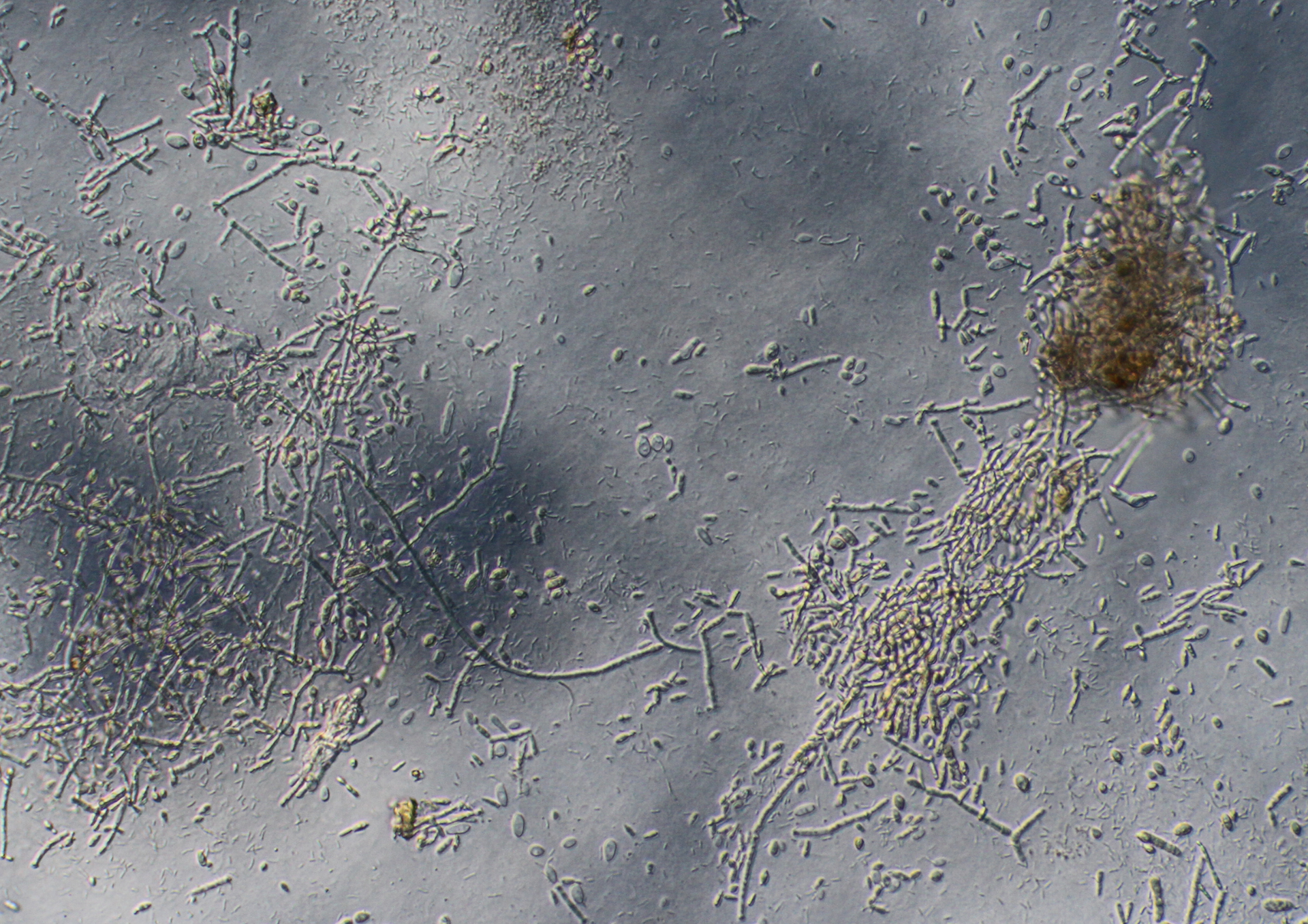When microbes of the same kind live in a group, we call the group a colony. Such a colony can easily grow to millions of cells. Researchers have now uncovered a new way for a colony to defend itself in bacteria that can infect humans. They found that bacteria can ‘warn’ individual neighbouring cells about danger. This results in multiple different defence strategies within a large group of microbes so that one strategy might work out the best. This new finding offers medicine makers a new way to cure sick patients.
A good neighbour
When a colony of microbes comes into contact with toxic chemicals released by human cells or present in the environment, it will try to defend itself and the other cells in its group. It can change its behaviour to ‘warn’ other cells by releasing alarm chemicals. These alarm chemicals are small molecules that can attach to the outer layer of cells in the colony. When other cells in the colony ‘sense’ these alarm chemicals, they start preparing by changing their outer layer to hide or releasing proteins to break down incoming antibiotics.
French researchers have now uncovered that an infecting colony tries out multiple different strategies with smaller groups of cells instead of having the entire colony working on one strategy. This means that the alarm chemicals released by a single cell don’t have to reach all the millions of cells. Instead, it ‘asks’ its neighbours to come up with a quick plan that might work against the danger the bacteria are facing. If the strategy works, it will then share its plan with the entire colony.
The French researchers tested this by putting a pathogenic bacterium called Streptococcus pneumoniae under a lot of stress and observed how small groups within the large colony prepared themselves differently. The bacteria did this by changing a small part of their genetic code (DNA) and sharing this information with their neighbours. This saves the bacteria cells that are further away a lot of energy that they prefer to conserve.
Quorum sensing
People used to think that bacterial groups mainly worked together to defend themselves using quorum sensing. This is a way for bacteria to communicate by sending out signals. Each bacterium sends out a tiny amount of these signals, and as the group gets bigger, the amount of signals increases. This helps the bacteria know if there are enough of them to do something together, like glowing or stopping movement when there's no more food. Now we know that bacteria can also warn nearby microbes directly, instead of alerting the whole colony.
Why is this good news?
This clever strategy is good for the infecting bacteria, but it might cause the patient to remain sick for longer. This new research is still good news because medicine makers can now work on a counter-strategy to develop more effective antibiotics and cure patients faster!
Autor: Freek Waagenaar

